English Phonics
curriculum intent statement
Through our English curriculum, we aim to help children develop the skills and knowledge necessary for effective and creative communication, both spoken and written. Our goal is to equip them with the tools to become lifelong learners and to foster a love for literature and its diverse forms.
Literacy is fundamental to all aspects of learning. It empowers children to communicate effectively for various purposes and to reflect on their own and others’ experiences, feelings, and ideas, giving them order and meaning. Oracy the ability to express oneself fluently and effectively in spoken language is equally important, as it enhances children’s confidence and social skills, enabling them to engage in meaningful discussions. Because literacy and oracy are central to children’s intellectual, emotional, and social development, they play vital roles across the curriculum, ensuring that learning is coherent and progressive.
phonics intent statement
At Loseley Fields Primary School we are passionate about ensuring all children become confident and enthusiastic readers and writers. We believe that phonics builds the foundations to create fluent readers and writers. We recognise reading as a key life skill, which underpins access to the rest of the curriculum. We aim for children to read words and simple sentences by the end of Reception, become successful, fluent readers by the end of Key Stage 1 and develop a lifelong love of reading as they move through the school. The systematic teaching of synthetic phonics, is given a high priority throughout Early Years and Key Stage 1.
We follow the Active Learn Primary Bug Club phonics scheme. The programme is a balanced approach to the teaching of reading using systematic synthetic phonics. It simultaneously teaches the segmentation of words for spelling, and develops phonemic awareness skills. The programme is the product of seven years’ research in Clackmannanshire, Scotland, which produced remarkable gains in reading and spelling.
Information about Bug Club Phonics please watch the following video: Click Here
Bug Club at home Click Here
A walk-through tutorial about how to use Bug Club at home. Click Here
phonics screening check
In the summer term, Year 1 pupils complete the Government Phonics Screening Check (PSC). These are not formal and are administered by the class teacher. The PSC is simply to test your child’s phonetical awareness and will identify whether your child needs additional support at this stage so that they do not fall behind in this vital early ready skill. The check consists of a list of 40 words, half real words and half pseudo words, the pseudo words will be shown to your child with a picture of an alien. We will let you know your child’s results by the end of the summer term. If you have any concerns, please speak to your class teacher or the phonics lead.
KS1 Phonics
The teaching of reading in KS1 is through daily phonics sessions. At Loseley Fields we use the Phonics Bug systematic synthetic phonics scheme. Phonics is taught every day in Reception and Year 1 and continued into Year 2 (if needed). Teachers ensure fidelity across the school by following this programme as written with the whole class, with additional ‘keep up’ and ‘catch up’ sessions run by expertly trained TAs & teachers. Once they have finished the phonics programme, the children move onto ‘Rainbow Reader’ books to give them the support of predictable, patterned texts before they move to independently reading books matched to their ability through the Accelerated Reader programme. In Year 2, comprehension skills are also taught explicitly in daily reading lessons using a mix of whole class teaching and a carousel model.


